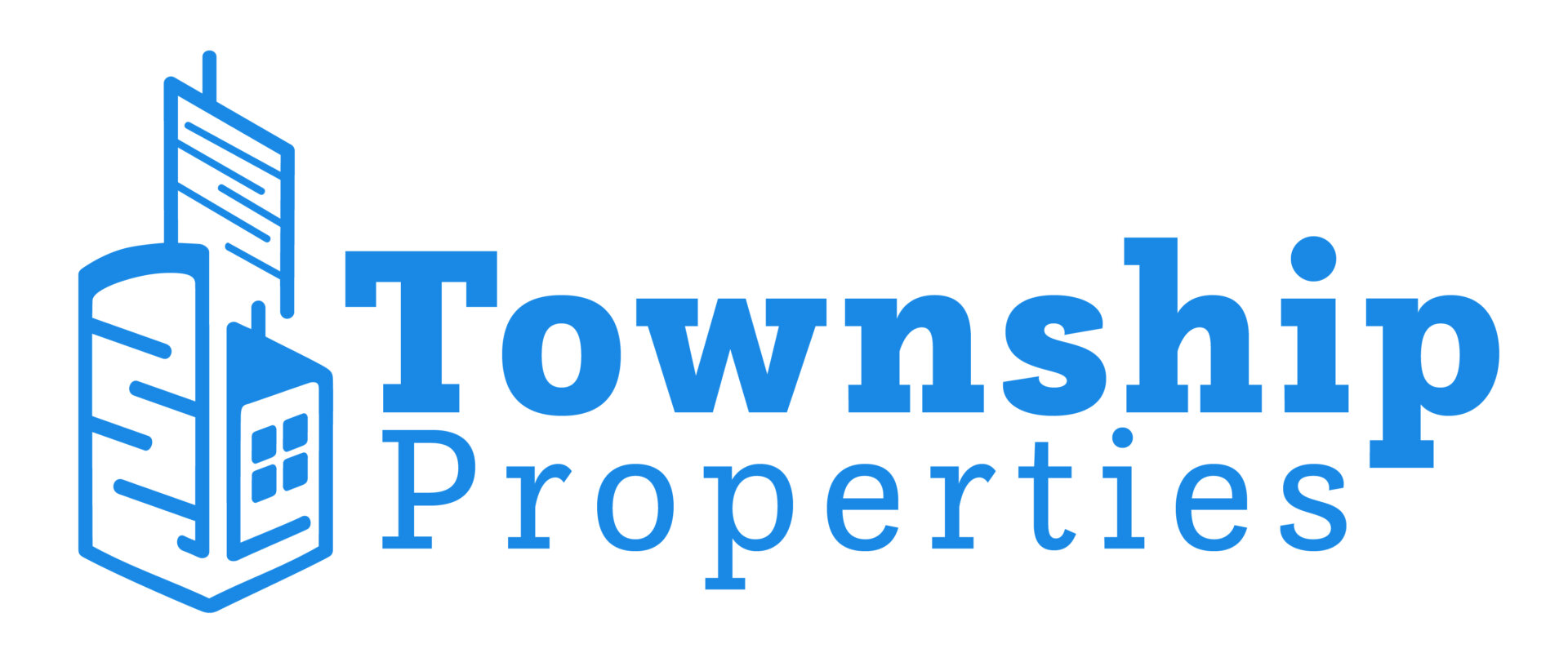Selling a home is a complex process that involves a myriad of terms and jargon that can be overwhelming for those not familiar with the area. This comprehensive glossary is designed to demystify the real estate language for sellers, providing them with the understanding necessary to navigate this intricate market confidently. From listing agreements to closing costs, knowing these terms is crucial in ensuring a smooth and successful sale.
Listing Agreement
A listing agreement is a contract between a homeowner and a real estate agent, granting the agent authority to sell the property. This document outlines the specifics of the arrangement, including the duration of the contract, the listing price, and the commission to be paid to the agent.
Buyer’s Agent vs. Listing Agent
The buyer’s agent represents the interests of the homebuyer, while the listing agent represents the home seller. The listing agent is responsible for marketing the property, hosting open houses, and negotiating terms with potential buyers or their agents.
Fair Market Value
Fair market value refers to the estimated price an informed buyer would pay to an informed seller under no undue pressure in a competitive market. Appraisals often determine this value, which plays a crucial role in setting the listing price.
Appraisal
An appraisal is a professional estimator’s opinion of a property’s market value, based on comparable recent sales of nearby homes and an inspection of the property itself. Lenders often require appraisals to ensure the property is worth the loan amount.
Contingency
A contingency is a condition outlined in the purchase agreement that must be met for the transaction to proceed. Common contingencies include financial approval, home inspections, and the ability to sell a current home.
Closing Costs
Closing costs are expenses over and above the price of the property in a real estate transaction. These costs can include loan origination fees, appraisal fees, title searches, title insurance, surveys, taxes, deed-recording fees, and credit report charges.
Earnest Money
To show that a buyer’s offer is serious, they typically deposit earnest money, held in an escrow account until closing. If the deal proceeds as planned, the earnest money is usually applied towards the down payment or closing costs.
Escrow
During a real estate transaction, escrow is a neutral third-party service that holds money and property titles until all aspects of the agreement are fulfilled. This process helps secure the transaction and ensure both parties meet their obligations before any property or money changes hands.
Title Insurance
Title insurance protects real estate owners and lenders against any property loss or damage they might experience because of liens, encumbrances, or defects in the title to the property. Each title policy is subject to specific terms, conditions, and exclusions.
Adjustable-Rate Mortgage
An adjustable-rate mortgage (ARM) is a type of mortgage loan where the interest rate applied on the outstanding balance varies throughout the life of the loan. Typically, the initial interest rate is fixed for a period of time, after which it resets periodically, depending on changes in a corresponding financial index that’s associated with the loan.
Fixed-Rate Mortgage
Unlike an adjustable-rate mortgage, a fixed-rate mortgage has a set interest rate that does not change throughout the duration of the loan, providing predictable monthly payments and stability against interest rate fluctuation.
FSBO (For Sale by Owner)
FSBO stands for “For Sale by Owner,” indicating that a property is being sold without a real estate agent’s representation. This can save sellers the cost of commission but requires them to handle all aspects of the sale process.
Home Inspection
A home inspection is an examination of the condition of a real estate property, typically conducted by a qualified inspector. The report can affect the sale, particularly if it uncovers issues that need to be negotiated between the buyer and seller.
Home Warranty
A home warranty is a service contract that covers the repair or replacement of important home system components and appliances that break down over time. Offering a home warranty can make a listing more attractive to potential buyers.
Capital Gains
Capital gains refer to the increase in value of a property compared to the purchase price. If a property is sold for more than the purchase price, the seller may realize a capital gain on the sale, potentially subject to capital gains tax depending on the length of ownership and other factors.
Understanding these key terms provides sellers with the knowledge to navigate the home selling process more effectively, ensuring they can advocate for their best interests. Armed with this glossary, sellers can confidently engage with real estate professionals, manage their expectations, and achieve optimal outcomes in their real estate transactions.
Ready to take the next step in selling your home with ease and confidence? Discover how our extensive range of services can support you throughout the real estate selling process. Contact us today for personalized assistance. Let us guide you to a seamless and profitable home-selling experience!
